The Quiet Weight of Caregiving
Roz Chast, the popular cartoonist, once wrote about a scratch she got while caring for her parents. Just a tiny thing on her leg that wouldn’t heal. She imagined it getting bad enough to land her in the hospital—just long enough to have someone else step in for a while. It’s a dark kind of joke, but if you’ve been in the thick of caregiving, you get it. That fantasy of enforced rest. Of finally being off duty.
Some things fall apart without making a sound. That’s how it is, in the life of a caregiver. It doesn’t feel like one dramatic moment—it’s more like the slow wearing-down of parts you didn’t know could fray.
As a caregiver, no one tells you how hard it really is. No one tells you that your family will turn a blind eye and leave you to do it all alone even when you ask for help. No one tells you that you NEVER get a break EVER -reddit user
You forget when it started. Maybe the day your nickname began to feel unfamiliar, like something borrowed. Or the first time you realized the only photos of you from the past year were taken in hospital waiting rooms. You don’t mean to lose yourself. It just happens. A missed phone call here, a cancelled plan there. Then suddenly it’s been months since you saw anyone who doesn’t live in this house or wear a stethoscope.
And when someone asks how you’re doing, your answer’s always short and practiced—because the real version would take too long to explain.
There’s a kind of grief that settles in, not loud or dramatic, but steady. You’re grieving the version of yourself who had space to be frivolous. To read books that weren’t about medications. To sit in silence without listening for a cough or a crash. And even when you try to talk about it, the words come out weird or flat, or the conversation gets awkward and people tell you how amazing you are. Like that’s a fix.
Oseterics Yoga | Active Aging
Discover a vibrant journey towards aging gracefully with Oseterics Yoga, your gateway to wellness on your Mac, iPad, and iPhone. Designed specifically for your 50s, 60s, or better, our platform offers more than 120 hours of workouts tailored for mature bodies and their unique needs. Yoga | Tai chi…
The loneliness isn’t really about being alone, either. You can be sitting in a room full of nurses, doctors, family, and still feel like you’re in a soundproof box. The kind of lonely that makes your stomach hurt a little, even when you’re not sad, exactly. Just worn thin.
“I can’t even work part‑time anymore… Going out and just enjoying my life is always dampened by the stress… it may be another 10–15 years before I even get to have my own life” – anonymous online
Some days, your emotions sneak up in ridiculous ways. You find yourself tearing up over a grocery list you forgot to bring. Or a commercial that reminds you of someone you used to be. And other days? You feel nothing at all. Just a numb, floaty feeling that’s hard to name. Like you’re watching your life from across the street.
Still, you keep moving. Because there are meds to give. Forms to sign. Foods to mash. And somewhere inside all of that, there’s love. Not the grand, sweeping kind from books—but a stubborn, steady love. The kind that shows up in quiet gestures, like adjusting a blanket in the middle of the night or cleaning a spill without saying a word. That kind of love doesn’t get applause, but it lasts.
Stories From the Front Lines –
An Unstable Ground
You don’t really notice when caregiving becomes your life. It doesn’t happen in a big dramatic moment. One day you’re helping out here and there, and the next, you’ve forgotten when you last slept through the night or ate a hot meal sitting down.
Your body learns things you didn’t mean to teach it. The pace changes. You stop lifting with your back—hopefully. After a while, your body just seems to know where to stand to support someone without throwing your own balance off. You learn which joints complain first, and how to bargain with them. You learn to stretch in the quiet spaces. To sit, even if it’s just for five minutes. To notice your own breath. This isn’t about being tough. It’s about lasting.
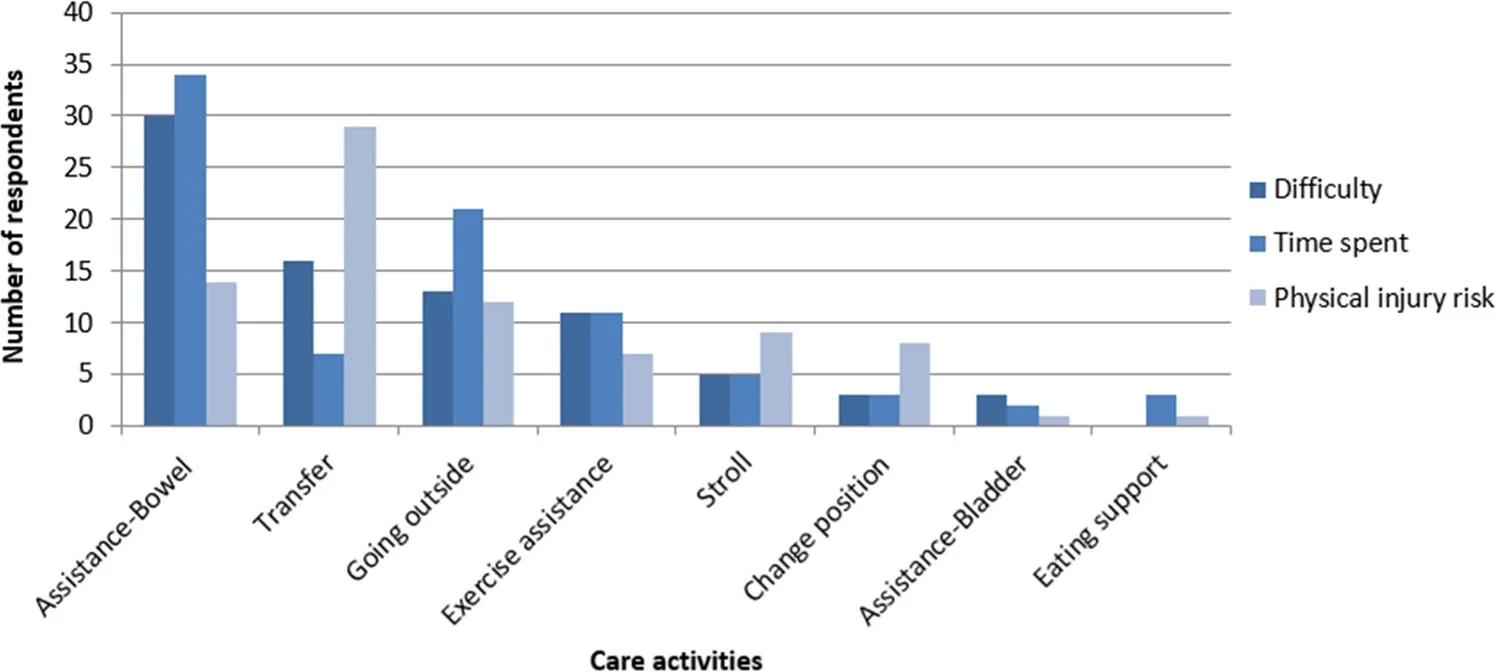
The tasks stack up fast—changing sheets while your person is still in them, lifting a limb that’s heavier than it looks, trying to guide a body that doesn’t want to be moved through a space that was never meant for navigating at all. Helping them to toilet and bathing can easily become a daily struggle, sometimes physical. Everything feels clumsy. You forget to put the brakes on the wheelchair. You trip over cords and walker legs. You reach too far and feel it for days.
But then something shifts. You don’t notice the change right away. One day you just realize you’re getting through the morning without wincing, or that you’re folding towels with one hand while supporting a shoulder with the other. You find shortcuts. You come up with systems. Not perfect ones—but they work.
there are only four kinds of people in the world: those who have been caregivers, those who are currently caregivers, those who will be caregivers and those who will need caregivers – Rosalyn Carter
You figure out that a talking in a certain way can make things easier. That elastic-waist pants save time. That it’s okay to sit on the floor if you need to, even if it takes a while to get up. These aren’t hacks you read about—they’re things you stumble into, and then cling to because they make the difference between getting through the day or not.
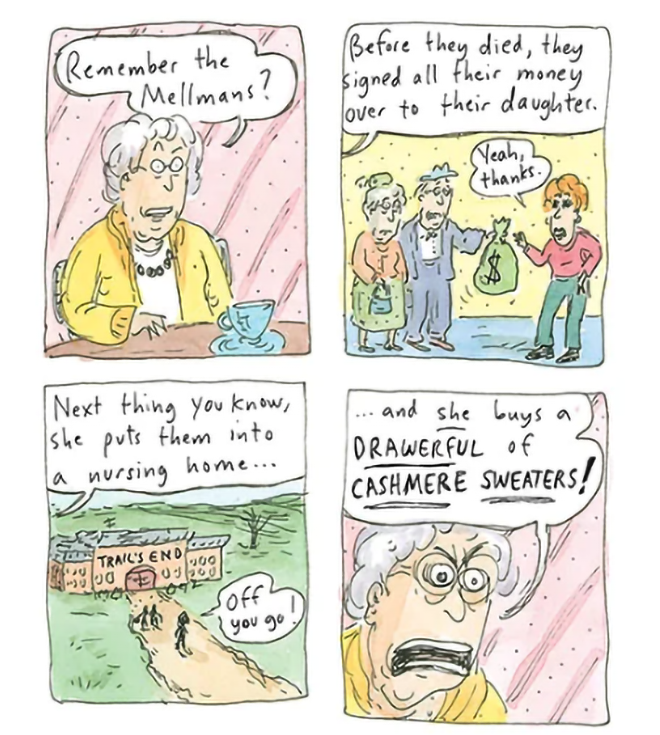
And when something goes right—no spilled tea, no stumbles—you feel that tiny pulse of pride. It counts.
Recognise Your Financial Drain
Nobody warns you about the drip. Not the leaky faucet kind, but the steady, quiet financial one that comes with caregiving. It’s not a sudden flood, no sirens or big numbers flashing red on a screen. It’s a slow, silent siphoning of money, time, and options. A copay here. A parking fee there. One missed shift. One prescription that isn’t covered. It creeps up on you.
Oseterics Yoga | Active Aging
Discover a vibrant journey towards aging gracefully with Oseterics Yoga, your gateway to wellness on your Mac, iPad, and iPhone. Designed specifically for your 50s, 60s, or better, our platform offers more than 120 hours of workouts tailored for mature bodies and their unique needs. Yoga | Tai chi…
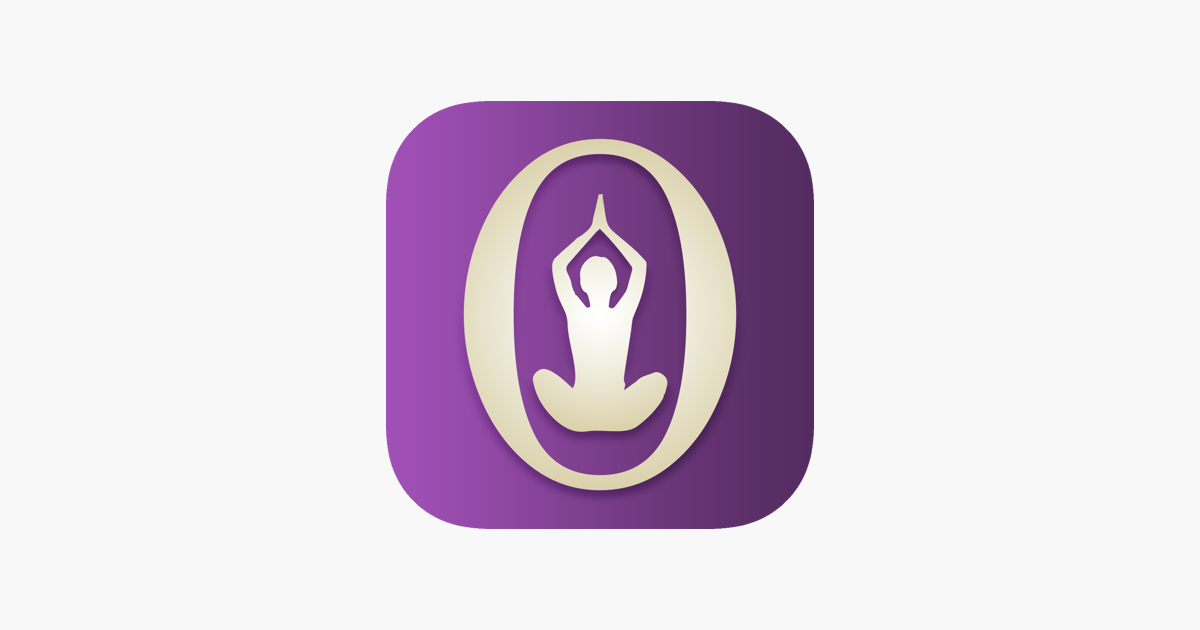
In Canada, caregivers can claim between $2,600 and $8,375 as the Caregiving Tax Credit. Australia has certain provisions for income support. But none of these are enough to compensate. The UK, on the other hand, leads the support for unpaid carers by providing decent financial wages. However, the US lags behind the most in public policy and lacks provisions to support unpaid caregivers.
💡
On average, caregivers spend 26% of their personal income on caregiving expenses (Source: AARP, 2025).
You start out thinking it won’t be too bad. Just a few things—maybe some over-the-counter meds, a special cushion, some meal prep supplies. And then you’re replacing the mattress. Getting grab bars installed. Switching to a different car because the old one doesn’t fit the wheelchair. These things don’t always feel like big purchases in the moment. But they accumulate. Quietly.
Caregiving
A documentary revealing America’s caregiving crisis through intimate stories and expert insight.
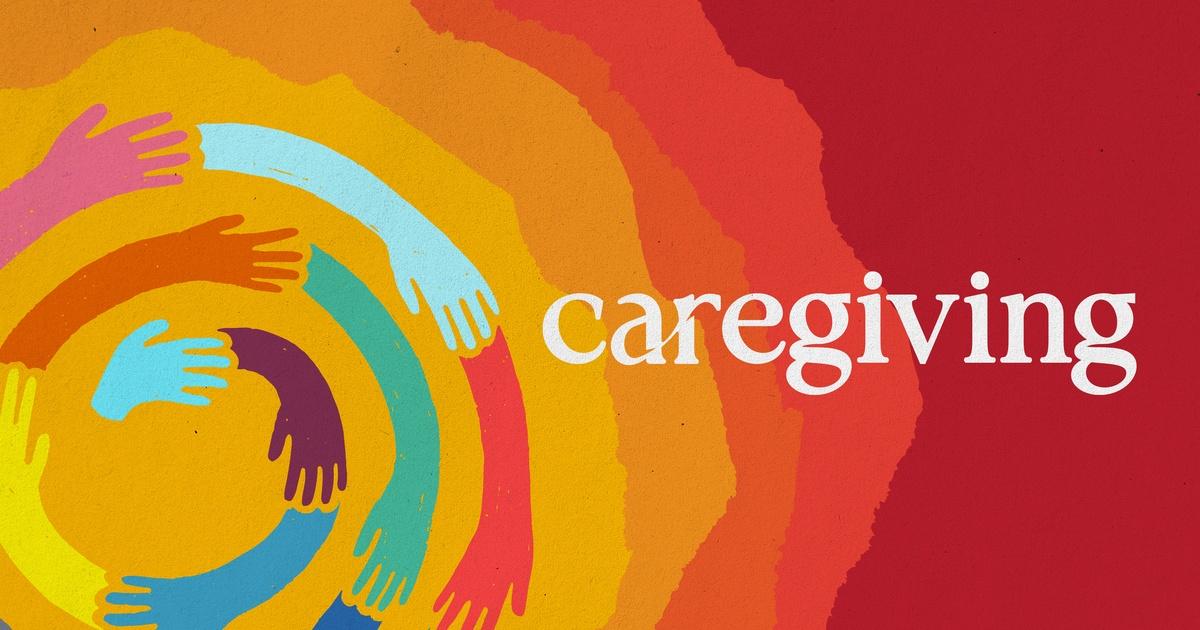
Sometimes you don’t even realize what you’ve given up beyond just the expenses. The trip you didn’t take. The raise you didn’t chase. The savings account that’s just… flat now. And when someone asks how things are going financially, you might shrug and say “fine,” because what else are you supposed to say? That the numbers in your head don’t make sense anymore?
💡
Out of pocket expenses can add up fast, here’s where the money goes.
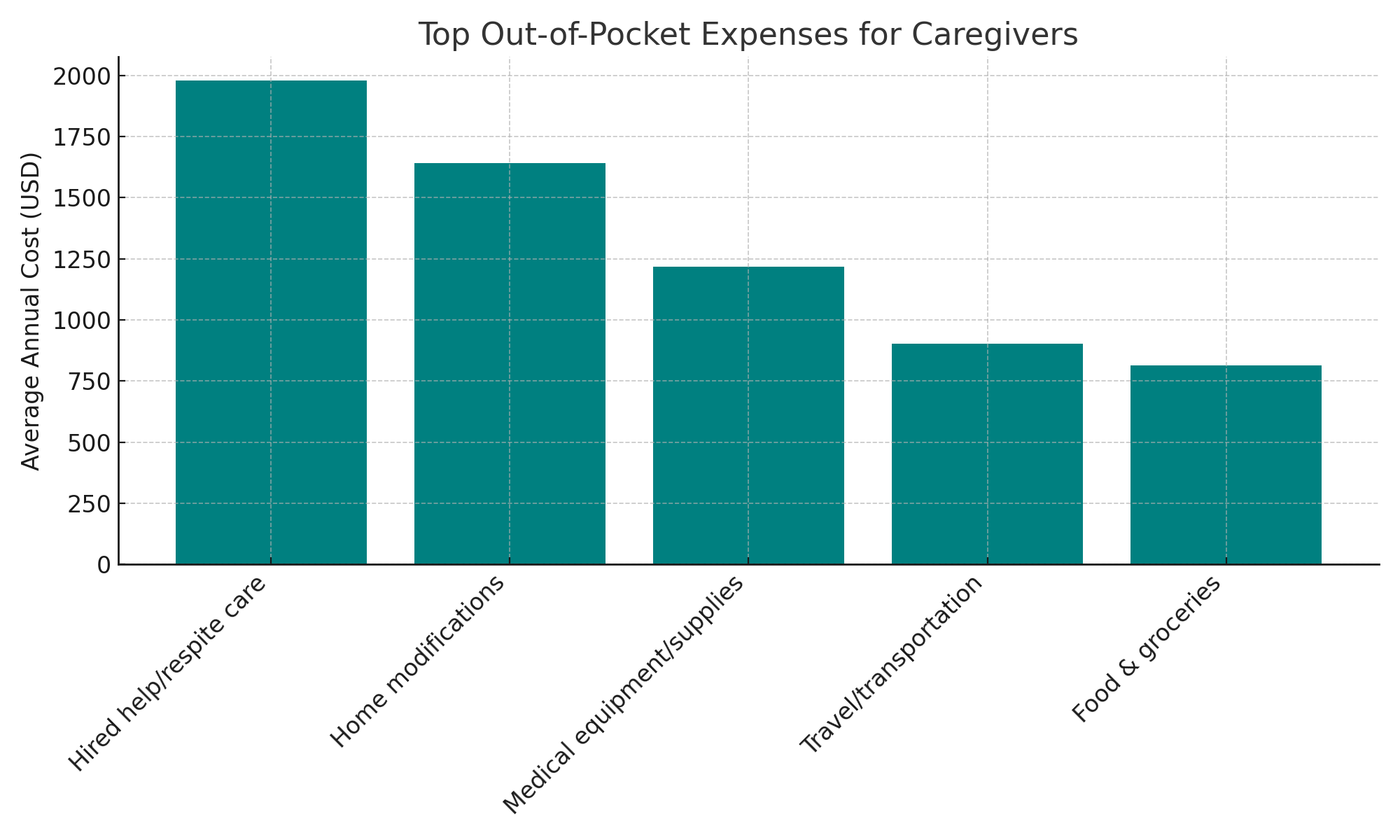
Source: AARP, Family Caregiving and Out-of-Pocket Costs Report, 2021
It’s strange, too, how easy it is to forget that your time has value. When caregiving becomes your full-time, unpaid job, it changes everything. Your schedule shrinks, your flexibility disappears, and even if you love the person you’re caring for, you can’t help but notice how often your own needs fall to the bottom of the list.
“Money becomes a shadow—you’re always aware of it, but talking about it feels uncomfortable, or somehow ungrateful.”
💡
Caregivers are not alone. Nearly 1 in 5 Americans are providing unpaid care to an adult loved one. (Source: National Alliance for Caregiving, 2020)
There’s no shame in needing help. That’s something that takes time to learn. Government support, tax credits, home care subsidies—these aren’t handouts. They’re tools. And like any tool, they only work if you pick them up. Maybe you won’t be able to fix the financial picture overnight. Maybe things will stay tight. But being honest with yourself about the cost of caregiving—emotionally, physically, and yes, financially—is one of the kindest things you can do for your future self.

A Balancing Act
You’re not alone in this. You’re doing more than anyone sees. And slowly, with patience and persistence, it is possible to find small ways to rebalance. Not perfectly. But enough to keep going. While the aches and stiffness become part of your routine, you start to pick up on what helps and what makes it worse. You stretch. You adjust how you lift. You take that ten-second breather before hauling groceries up the stairs.
💡
Tip: Try a “micro-break” ritual—5 minutes outside, music in headphones, or deep breaths. Small resets help.
Emotionally, it can feel like you’re running on fumes. You care so much it hurts, but also—sometimes—you just want to run away for a weekend. Or a day. That push and pull never really leaves, but you get better at managing it. You figure out ways to let some air in. Maybe it’s stepping outside while the kettle boils. Maybe it’s talking to someone who actually gets it.
More and more people turn to online resources. You can find local groups or even dedicated groups on Facebook or Reddit. The groups are even divided and subdivided on concerns such as Dementia, Alzheimer’s, Cancer and so on. People share their guilt and shame with pseudo names helping them to vent out which they can hardly share in real life spaces. Ironically, the online world happens to be a safe space in this instance.
Reddit Caregiver Support – https://www.reddit.com/r/CaregiverSupport/
Facebook Caregivers –https://www.facebook.com/groups/CaregiversConnect/
You can find many such online communities to share your concerns and even discuss common caregiving challenges.
“We are not saints. We are not angels. We are people trying to hold two lives together – and not let go of ourselves in the process.”
– Heather Plett, care ethics advocate
Eventually, it starts to feel a little less like chaos. Not calm, necessarily, but manageable. A day here or there goes smoothly. You laugh about something. You take a nap and don’t wake up panicked. And even when everything still feels a bit upside down, you realize you’ve come a long way from where you started. You’re doing the best you can with what you’ve got, and that’s not just “enough.” It’s remarkable. Caregiving is not some perfect calling. It’s messy, exhausting, strangely beautiful work.
Oseterics Yoga | Active Aging
Discover a vibrant journey towards aging gracefully with Oseterics Yoga, your gateway to wellness on your Mac, iPad, and iPhone. Designed specifically for your 50s, 60s, or better, our platform offers more than 120 hours of workouts tailored for mature bodies and their unique needs. Yoga | Tai chi…

And the fact that you keep doing it anyway? That says more than any tidy article ever could.
💡
Are you a caregiver? Share your story in the comments or reach out to us – we see you, and we’re here for you.





